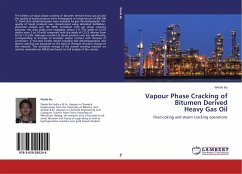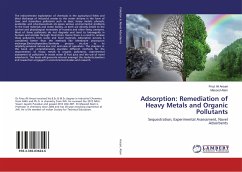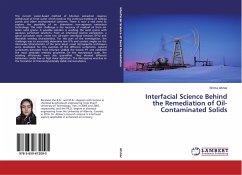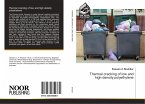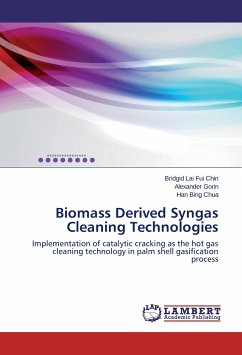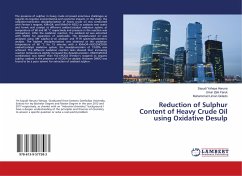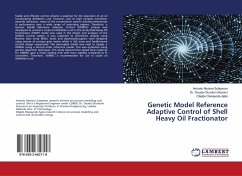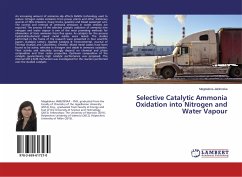The kinetics of vapor phase cracking of bitumen derived heavy gas oil and the quality of liquid products were investigated at temperatures of 600-700 °C. Fixed and condensed gases were analyzed by gas chromatography. The quality of liquid products was characterized using simulated distillation, elemental analysis and 13C NMR. Consistent with gas phase cracking behavior, the coke yields were negligible, below 2 %. The yields of C2-C3 olefins were 2 to 16 wt% compared with the yields of C2-C3 alkanes from 0.2 to 1.0 wt%. Hydrogen content of liquid products was lost significantly, corresponding to increase of aromatic carbon content with increase of conversion. A two-step kinetic model including fast dehydrogenation and slower cracking was proposed on the basis of chemical structure change of the reactant. The activation energy of the overall cracking reaction on reactive materials was 208 kJ/mol based on full analysis of the reactor.
Bitte wählen Sie Ihr Anliegen aus.
Rechnungen
Retourenschein anfordern
Bestellstatus
Storno

